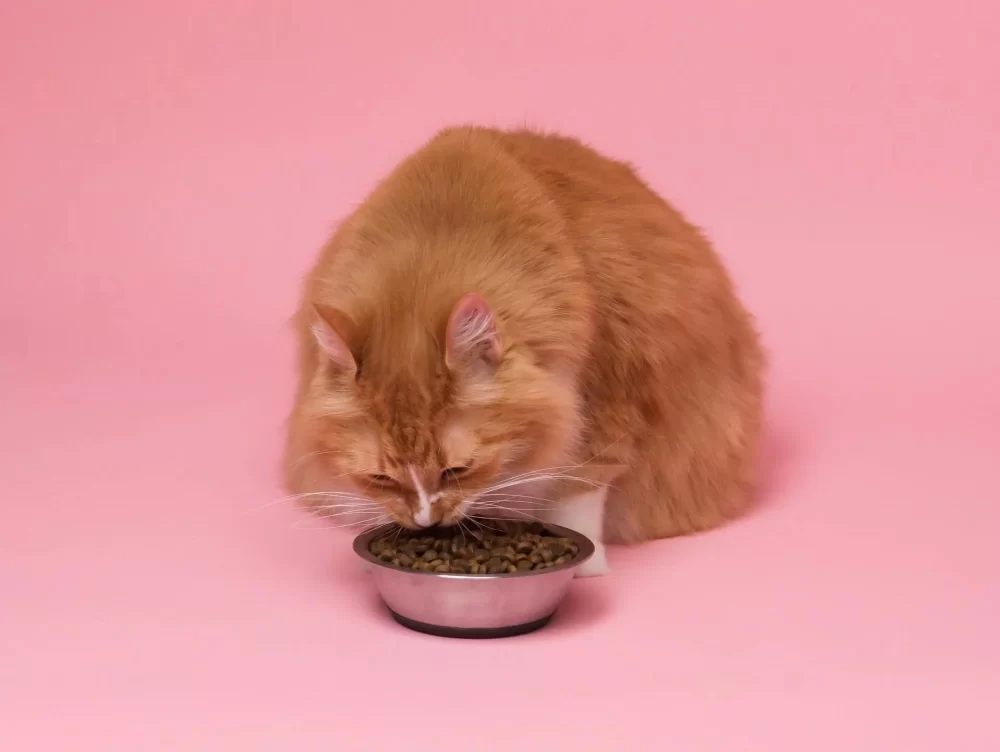- Why Special Treats Are Essential for Diabetic Cats
- Key Considerations When Making Homemade Treats
- Recipes and Tips for Homemade Diabetic Cat Treats
- Real Stories and Professional Guidance
1. Why Special Treats Are Essential for Diabetic Cats
When a cat is diagnosed with diabetes, their diet becomes a cornerstone of managing their health. Unlike regular cats, diabetic cats require carefully controlled sugar and carbohydrate intake to maintain stable blood glucose levels. This is why homemade treats for diabetic cats must be thoughtfully prepared, avoiding ingredients that could cause dangerous blood sugar spikes.
Providing diabetic cats with safe treats is important not only for their physical health but also for their emotional well-being. Treats can serve as rewards during training or moments of affection, helping strengthen the bond between owner and pet. However, choosing the right treats is critical to avoid undermining the careful balance of their diet.
1.1 The Impact of Diet on Diabetes Management
Proper nutrition for diabetic cats focuses on low-carbohydrate, high-protein content, which supports insulin regulation. Treats that don’t align with these needs can worsen symptoms or lead to complications, making dietary control vital.
1.2 Emotional and Behavioral Benefits of Treats
Just like any pet, diabetic cats appreciate treats that offer variety and pleasure. Homemade options allow owners to ensure safety while keeping their cats engaged and happy.
2. Key Considerations When Making Homemade Treats
Crafting homemade treats for diabetic cats involves several essential factors to ensure they are safe and beneficial.
2.1 Ingredient Selection
Choosing ingredients low in carbohydrates and sugars is the first step. High-protein sources like chicken, turkey, or fish are ideal. Avoid grains, corn, wheat, and sugary additives, which can destabilize blood glucose.
2.2 Portion Control and Frequency
Even healthy treats should be given sparingly. Portion control prevents excess calorie intake, which can impact your cat’s weight and diabetes management. Consult your veterinarian to determine safe treat quantities.
2.3 Avoiding Harmful Ingredients
Certain common ingredients like onions, garlic, and artificial sweeteners can be toxic to cats. When preparing treats, ensure all components are safe for feline consumption and free from additives that might interfere with diabetes.
3. Recipes and Tips for Homemade Diabetic Cat Treats
Here are some practical ideas and recipes for treats that you can prepare at home to pamper your diabetic cat safely.
3.1 Simple Chicken Bites
Boil skinless chicken breast until fully cooked, then cut into small bite-sized pieces. These bites can be served as-is or lightly baked to add texture. Chicken is high in protein and free from carbohydrates, making it ideal.
3.2 Tuna and Egg Treats
Mix canned tuna (in water, without salt) with a beaten egg and a small amount of oat flour. Form into tiny balls and bake at a low temperature until firm. This recipe provides protein and essential nutrients while keeping carbs minimal.
3.3 Freeze-Dried Meat Snacks
Freeze-drying small pieces of fish or chicken at home preserves nutrients and creates crunchy treats your cat will love. These can be prepared in advance and stored for convenience.
3.4 Tips for Treat Preparation
Always use fresh, high-quality ingredients and avoid preservatives. When introducing new treats, monitor your cat for any signs of digestive upset or changes in behavior. Keeping a treat diary can help track what works best.
4. Real Stories and Professional Guidance
One cat owner shared how switching to homemade chicken and tuna treats helped stabilize their diabetic cat’s blood sugar levels while maintaining her enthusiasm for treats. Regular communication with their veterinarian ensured the treats complemented the prescribed diet without causing harm.
Veterinary professionals emphasize the importance of personalized dietary plans for diabetic cats. Hidden Brook Veterinary provides expert advice and tailored products to support your cat’s unique nutritional needs, including diabetic-friendly treats and supplements designed for optimal health.
4.1 Collaborating with Veterinary Experts
Working closely with a veterinary team can ensure that the homemade treats you offer your diabetic cat support their health goals. Expert guidance can also help modify recipes or recommend commercial options when appropriate.
Providing diabetic cats with homemade treats is a rewarding way to care for their health and happiness. With attention to ingredient quality, portion control, and veterinary advice, you can create delicious treats that keep your cat thriving.












